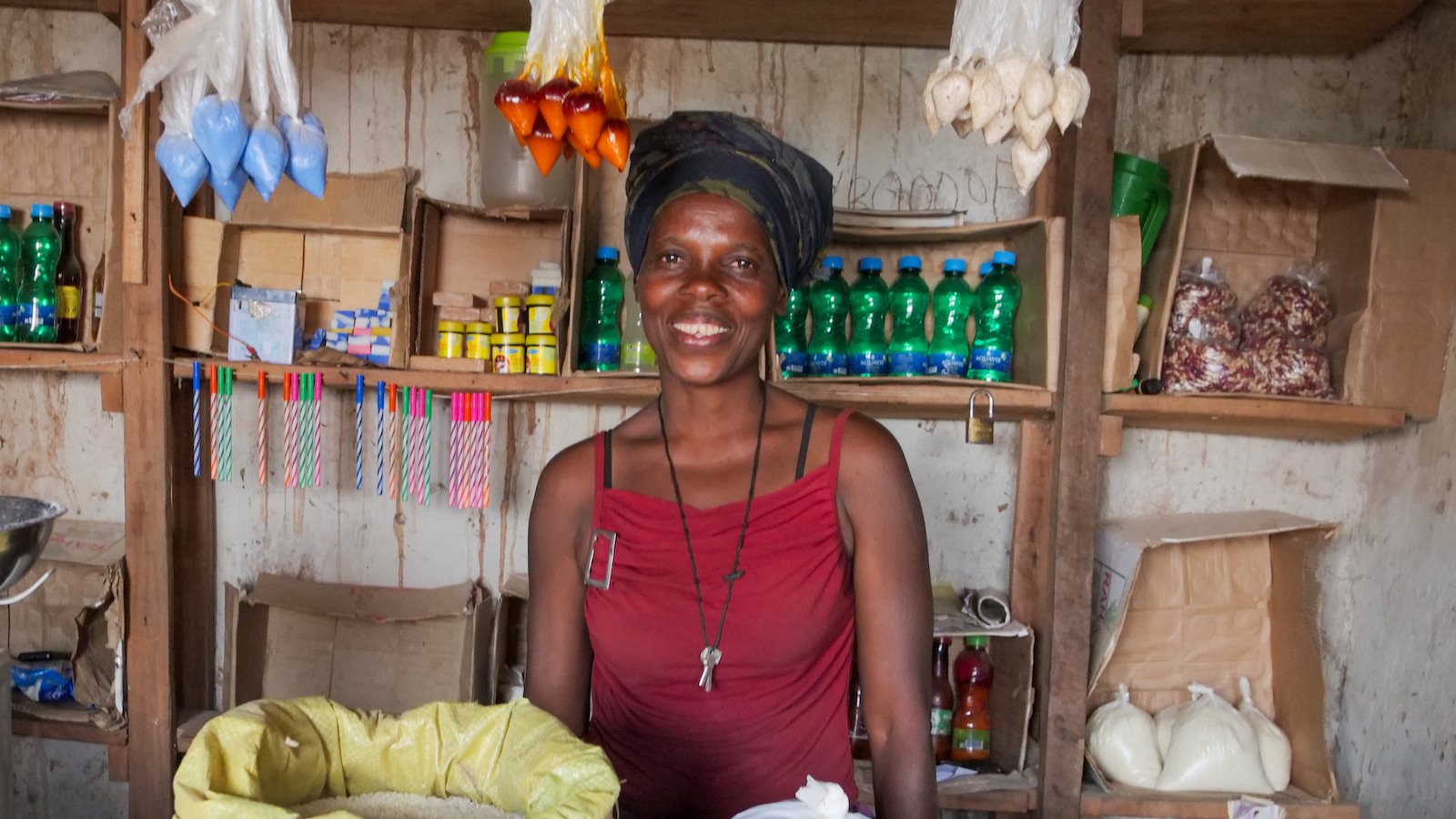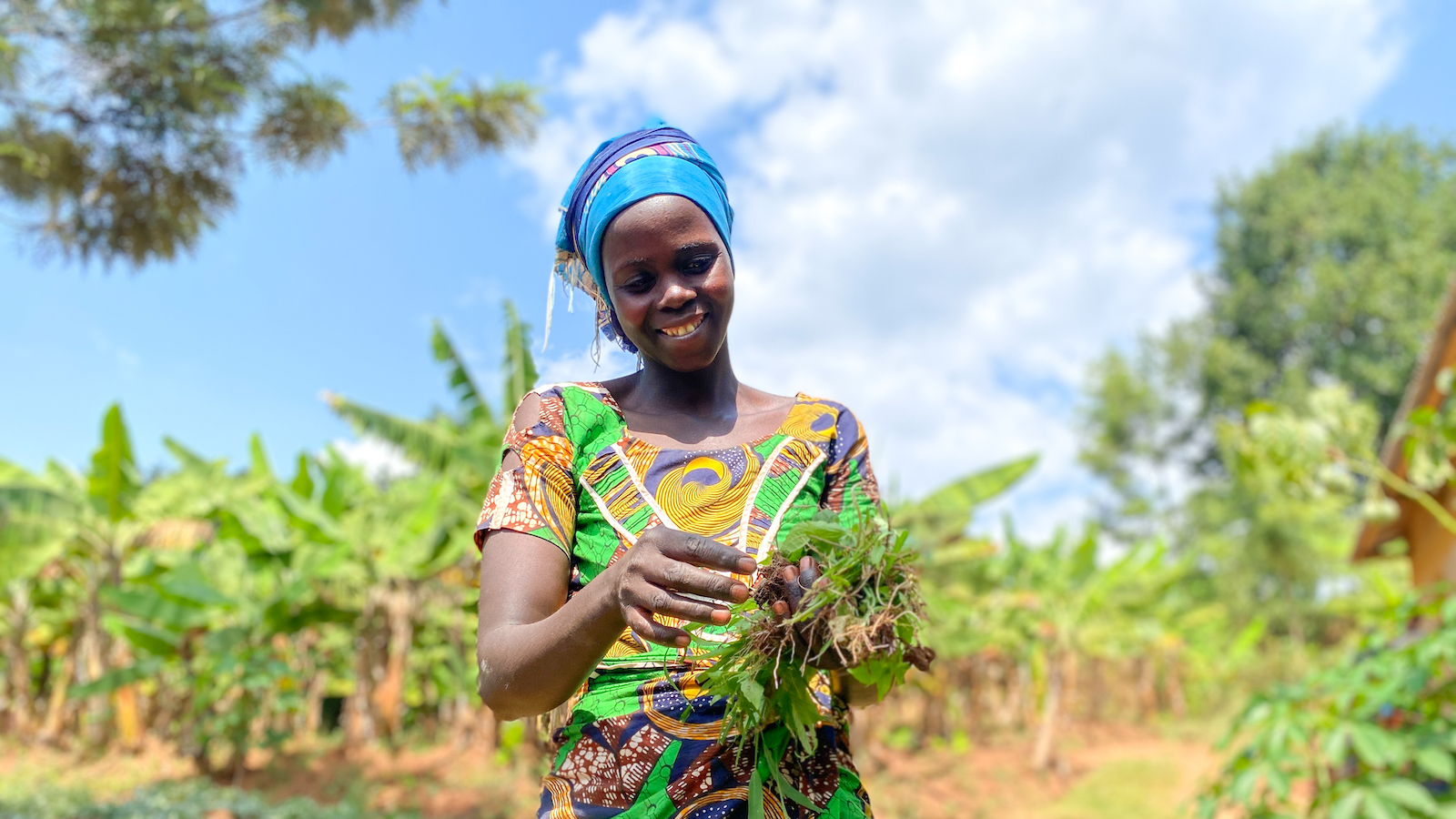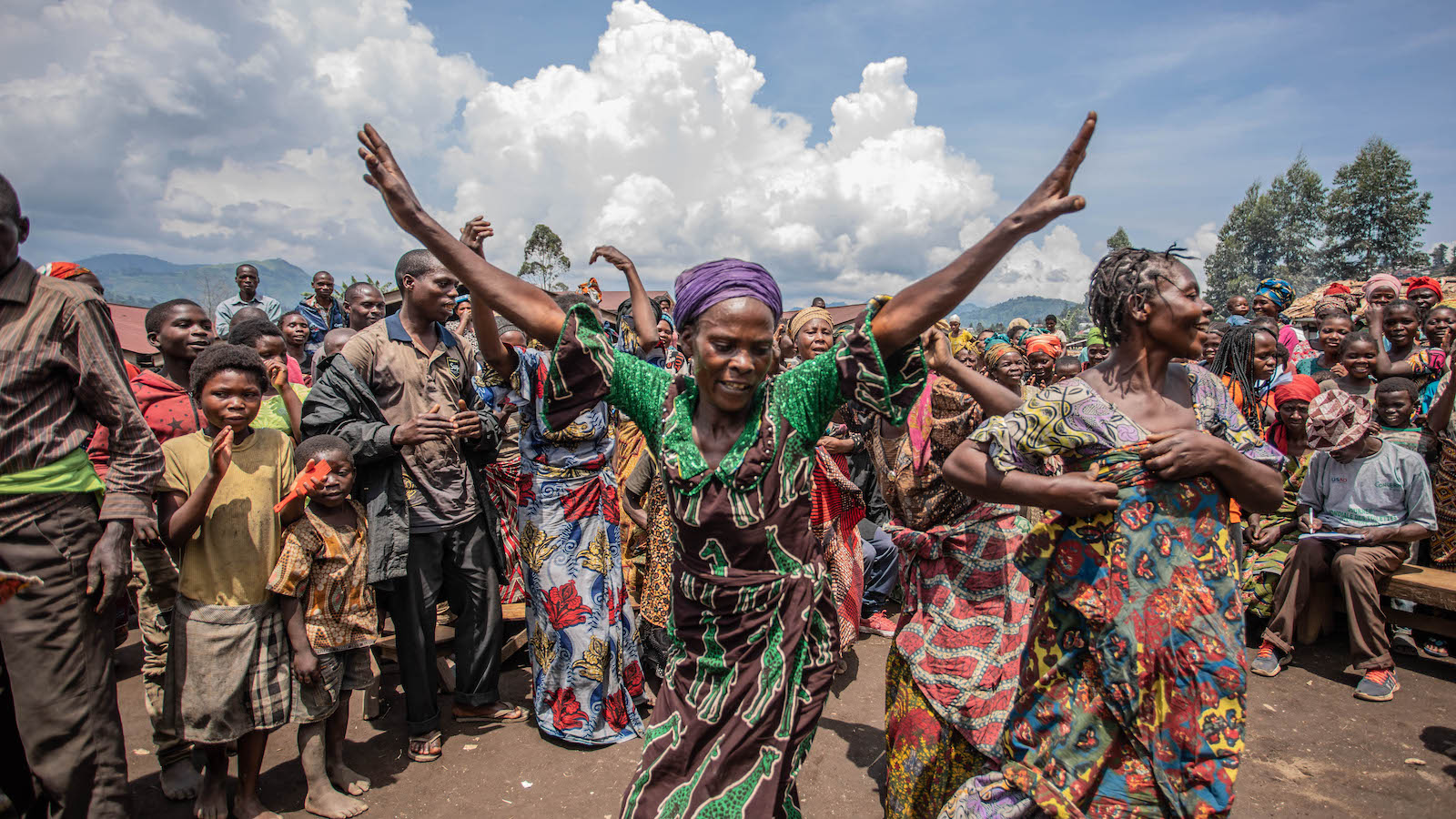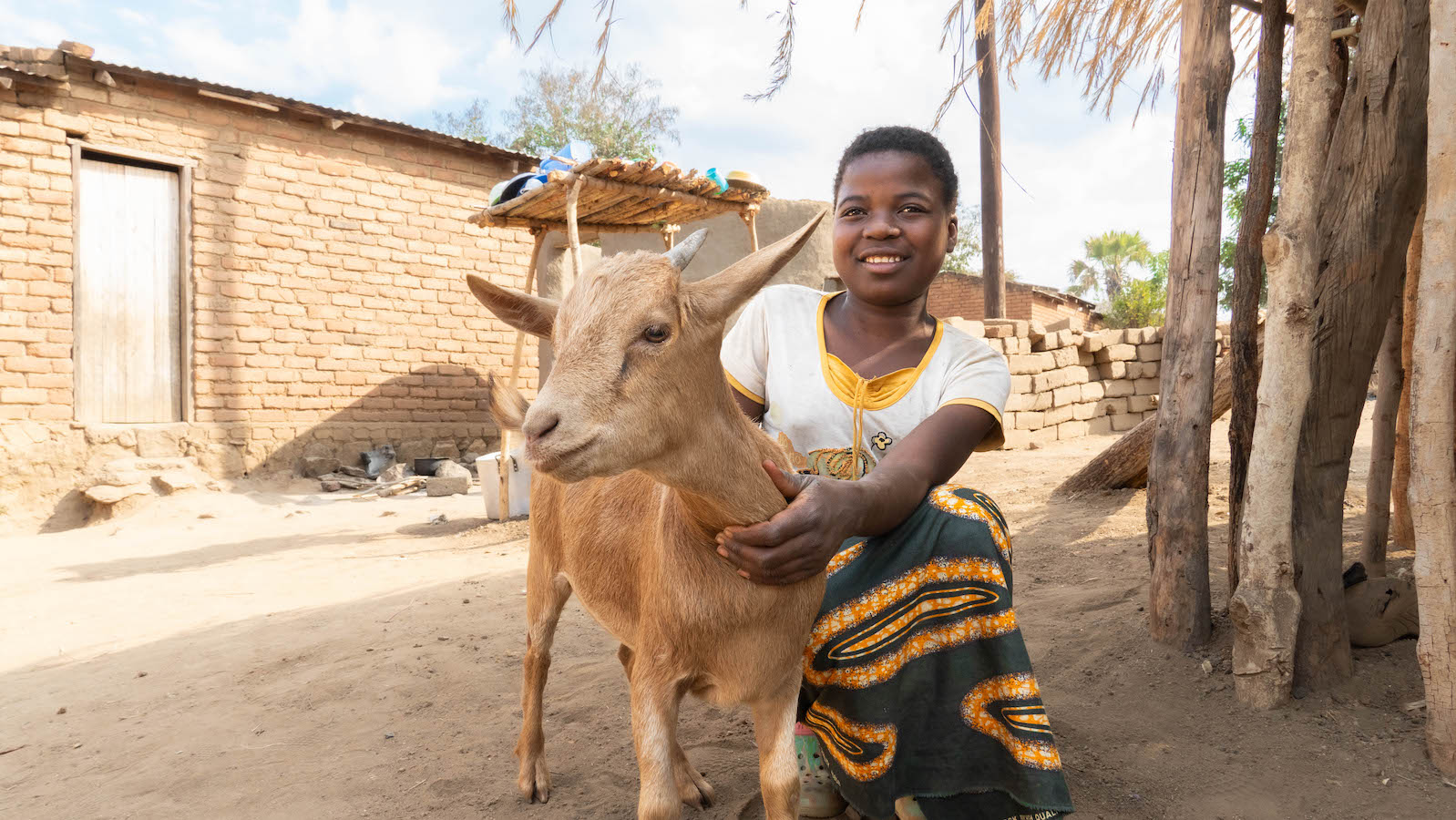Country stats
- Capital: Gitega
- Population: 13.2 million
- Percentage of Burundians living below the poverty line: 71.8%
Concern’s response
- Burundi program launched: 1997
- Program areas: Climate & Environment, Gender Equality, Health & Nutrition, Livelihoods
Why are we in Burundi?
With high levels of poverty, malnutrition, and climate-driven disasters, Burundi is one of the poorest countries in the world. Concern Worldwide has been operational in Burundi since 1997 and currently implements programs focusing on health, nutrition, livelihoods, and social protection.
Nearly three out of four Burundians are living in poverty
Burundi is ranked 187th out of 193 countries on the 2024 Human Development Index. The maternal mortality rate in Burundi is among the worst in the world, with nearly 500 deaths per 100,000 live births. A food crisis sees 15% of the country facing acute food insecurity and the world’s highest rate of childhood malnutrition.
Our work in Burundi focuses on livelihoods, climate response, and health and nutrition. We work with Burundi’s overwhelmingly young population to ensure that young Burundians have the tools and support to launch successful careers and build sustainable livelihoods and community networks, and are currently working with the World Food Program and UNICEF on a nutrition intervention specifically geared towards families excluded from the healthcare system.
Latest achievements
Young entrepreneurs
Concern recently completed a three-year project that worked with 1,500 young Burundians to build their livelihoods and strengthen community solidarity. By the end of the program, we had supported the establishment of 313 new businesses.
Green Graduation
1,200 families in Burundi have been selected to participate in our Green Graduation program, where they will participate in skills training, financial assistance, and the establishment of their own businesses to create sustainable livelihoods.
Local partners
As part of Concern’s commitment to working with local partners wherever possible, in 2023 we began working with La Confédération des Associations des Producteurs Agricoles pour le Développement (CAPAD) to better support Climate Smart Agriculture and environmental protection initiatives.
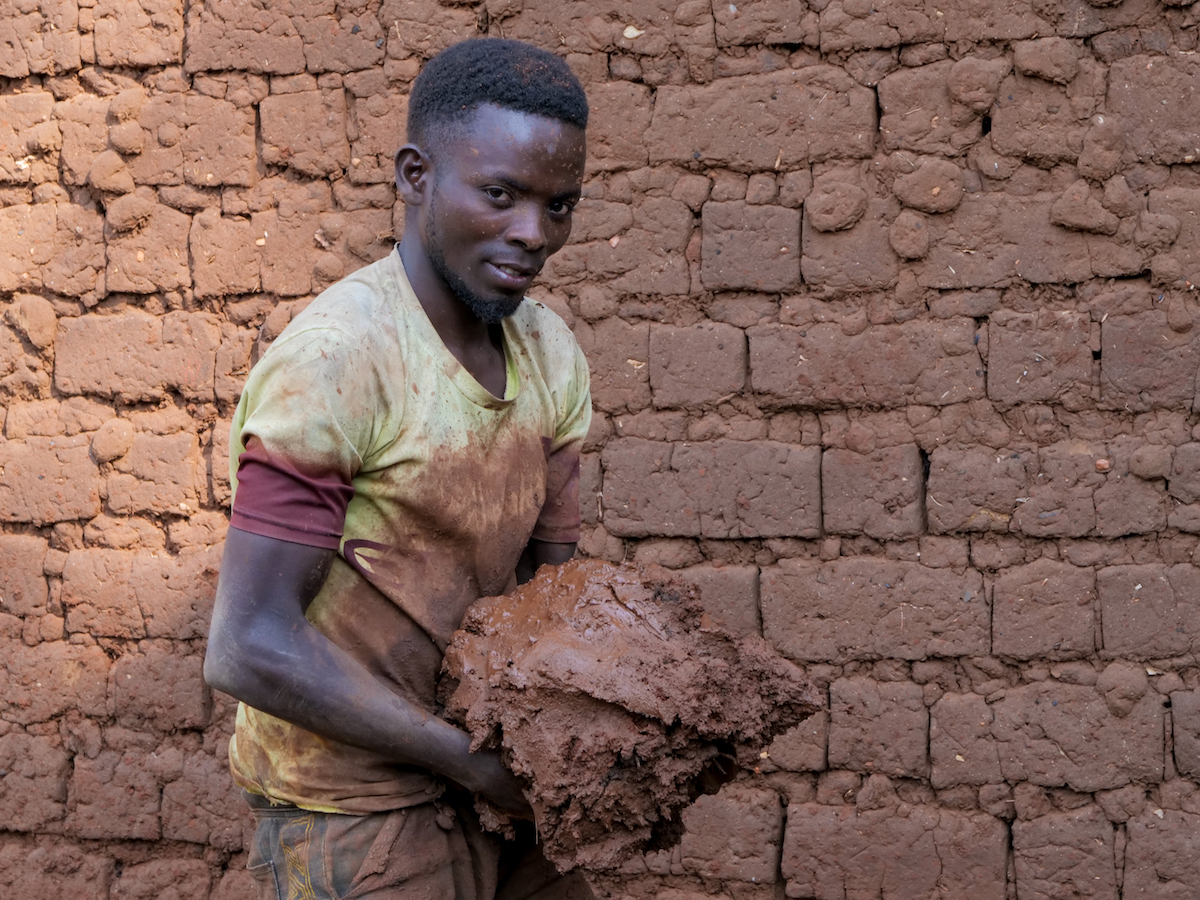
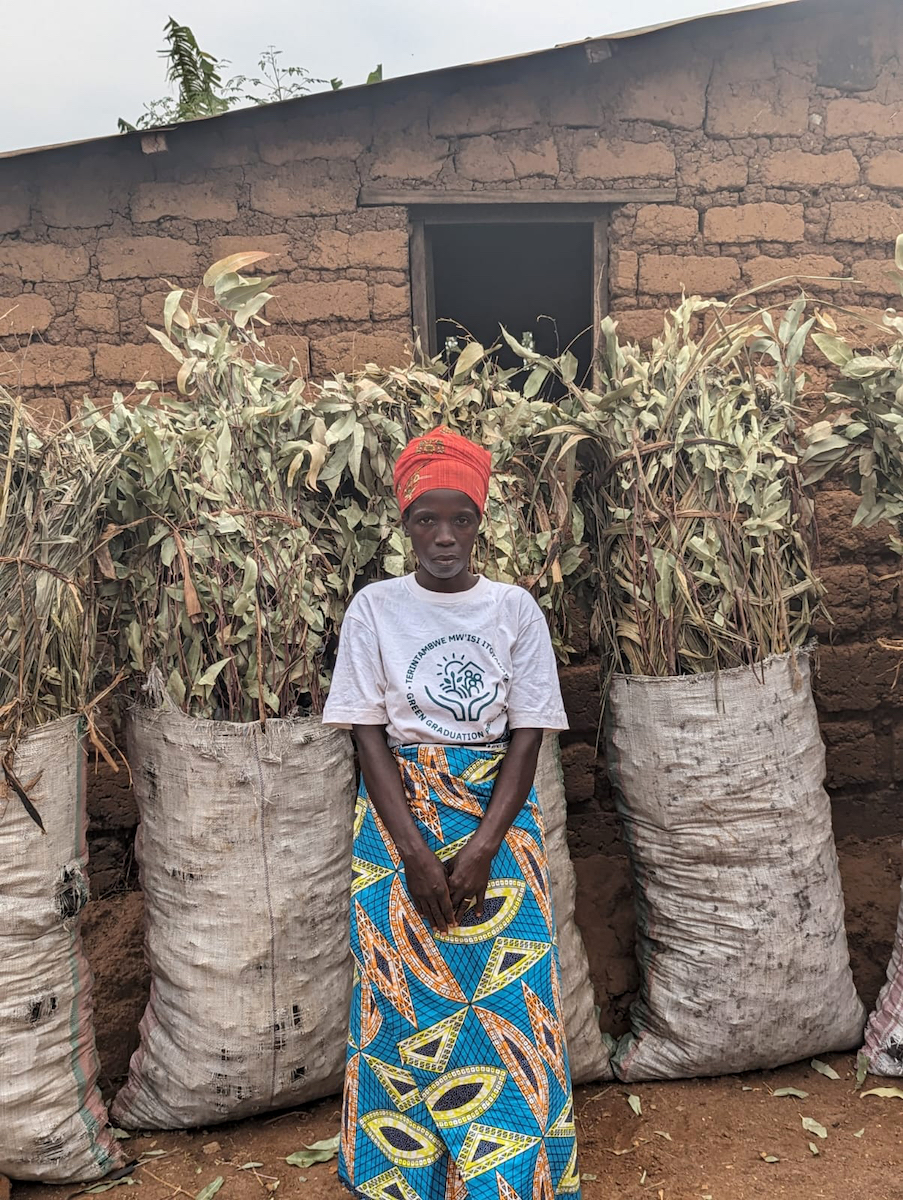
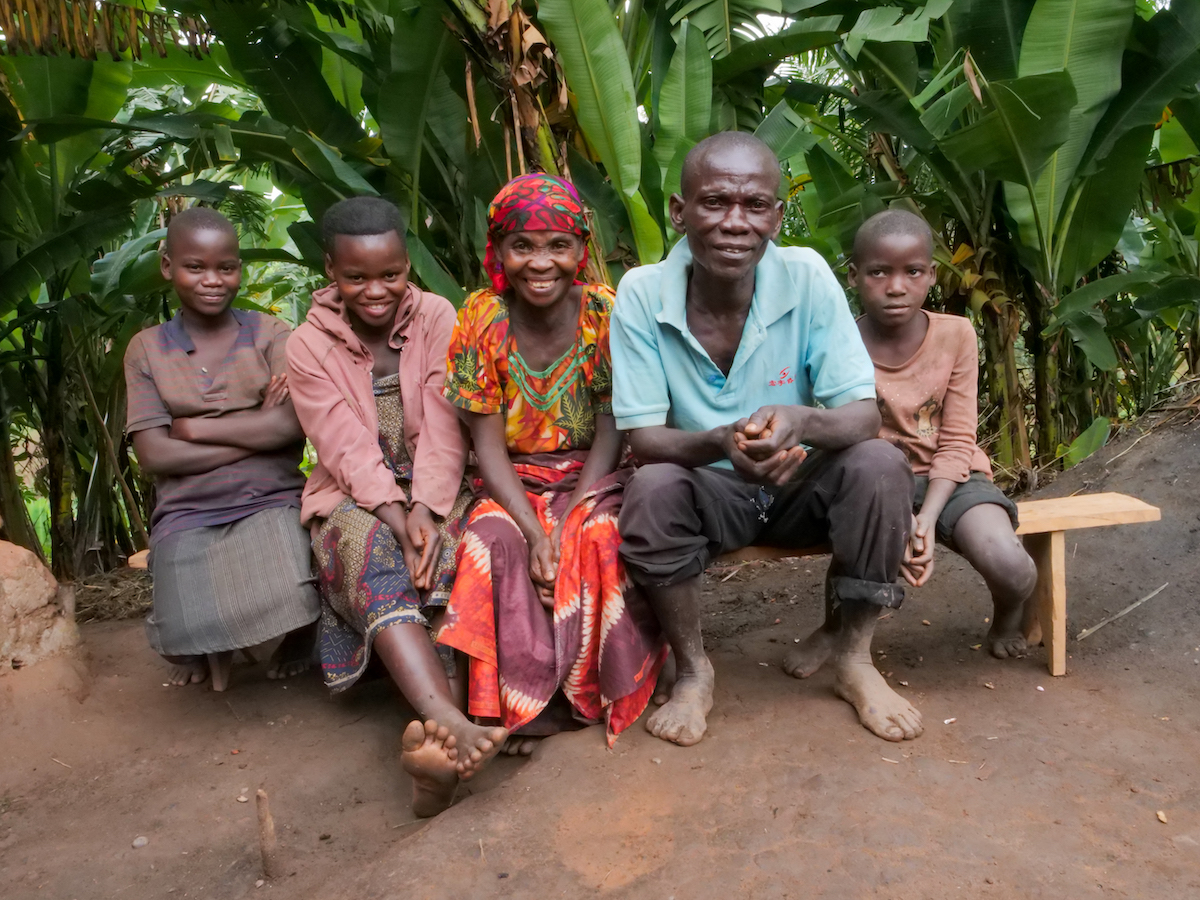
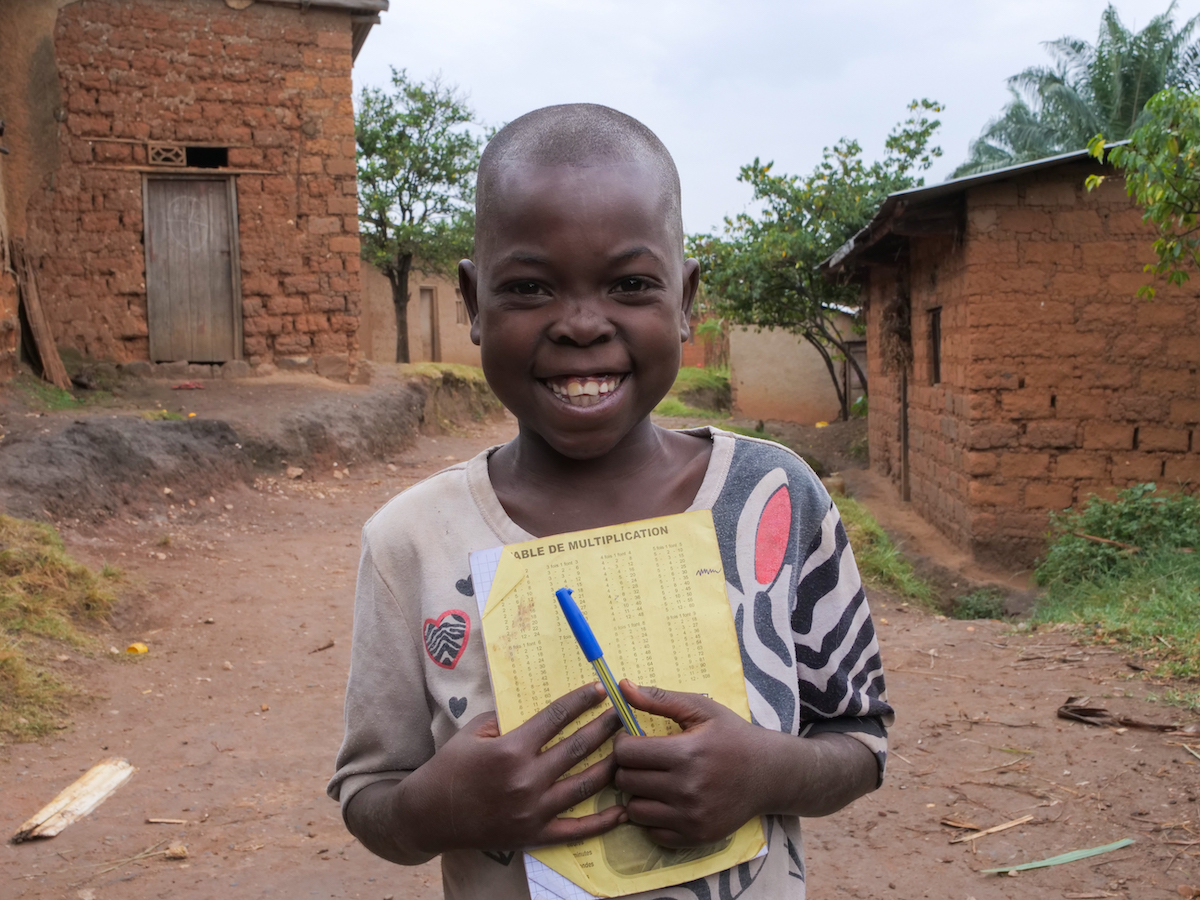
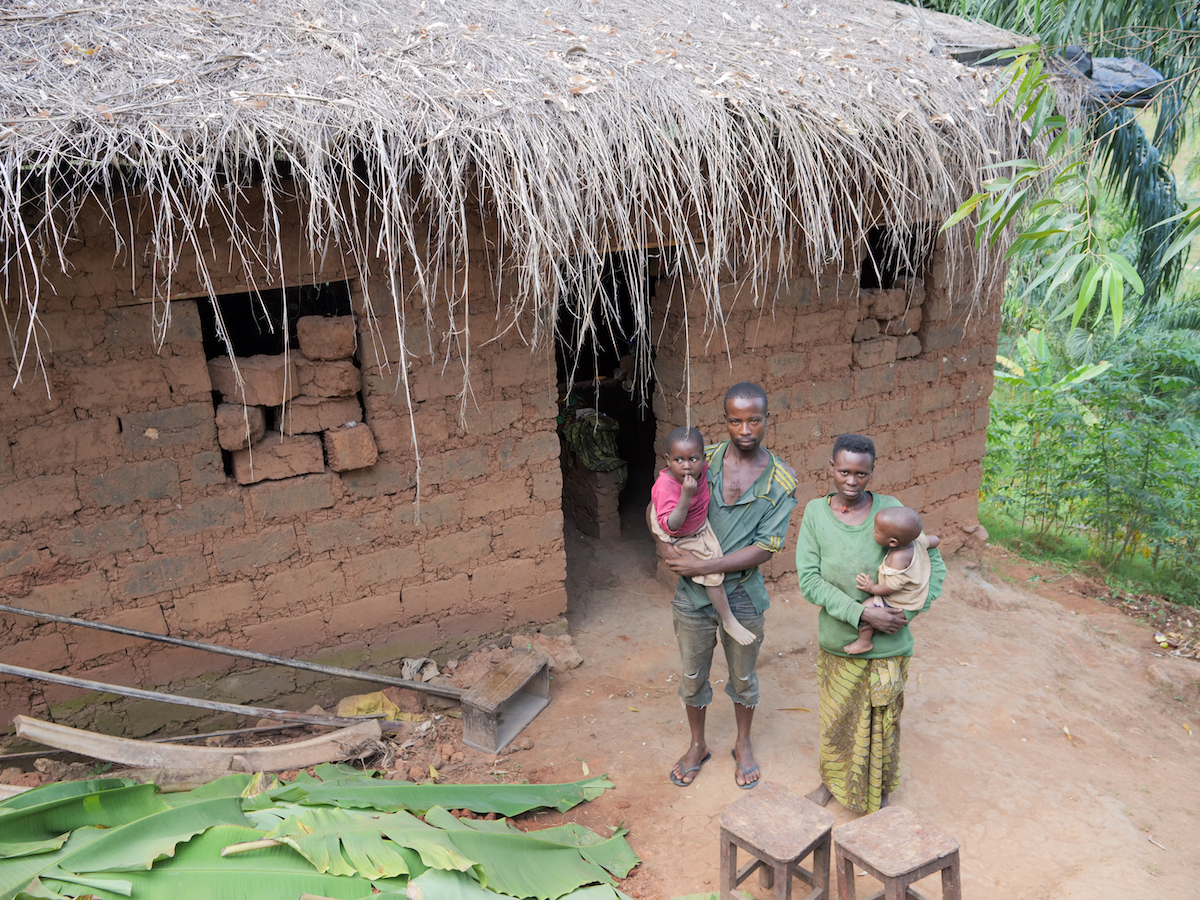
Our work in Burundi
Our work in Burundi is designed to build resilience and combat extreme poverty through livelihoods, health and nutrition, and social protection programs.

